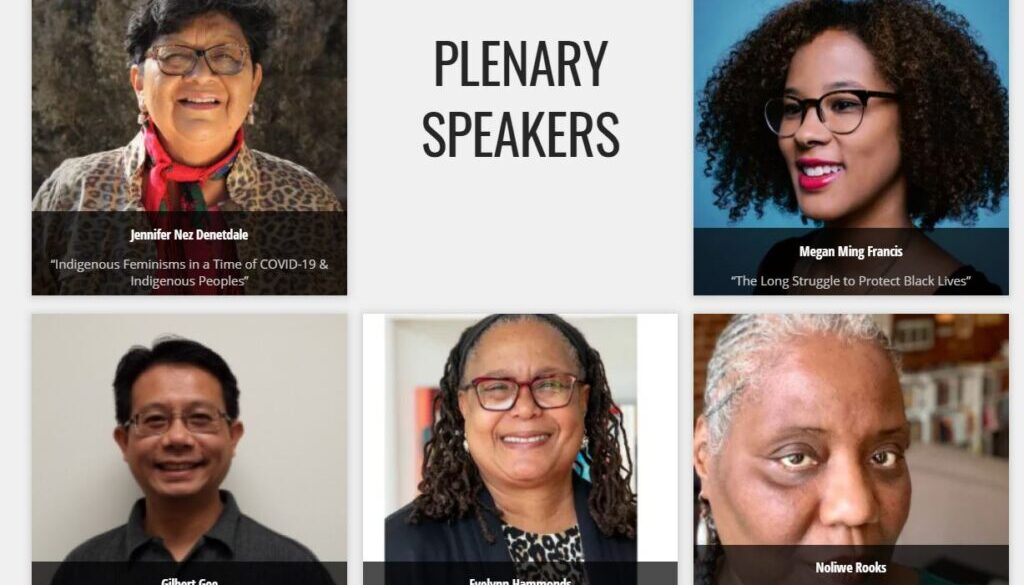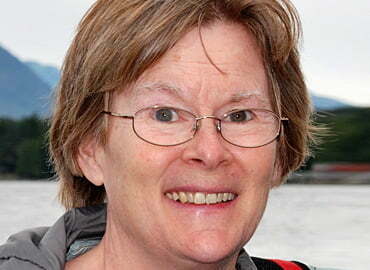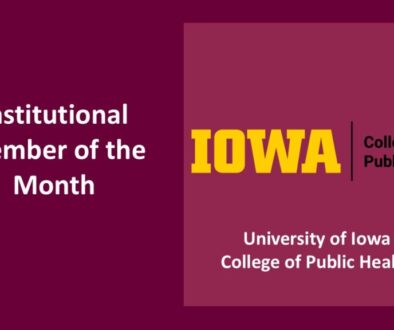IAPHS 2021: Three Compelling Plenaries on Racism, Power, and Justice
Christine BachrachRacial health equity is a central issue for population health science. The failure to eliminate large disparities in health and well-being across racial and ethnic groups within the US, despite decades of attention and intervention, make this a glaring challenge for our field. Plenary speakers, all drawn from outside the IAPHS community, underscored how deeply rooted and embedded these challenges are in our history, culture, and institutions. Each speaker offered a unique perspective on ongoing challenges as well as opportunities and paths forward to health equity.
In the first plenary, Evelynn Hammonds (Harvard University) focused on how concepts of race as an immutable, biological, and consequential human attribute evolved and have continued to exist in US culture. She warned that our use of race in science and in public discourse and policy continues to reinforce these ideas of race despite widespread recognition among most scientists that race is a socially constructed concept. She stressed the need to address how political meanings have been linked to race and the implications for the use of racial concepts in our work. (See the series about the use of race and ethnicity in population health research in the IAPHS blog).
Noliwe Rooks (Brown University) kicked off the second plenary with a talk about structural racism in school systems. While many people in the 1950s hoped that desegregated schools could be a solution to racial inequities, people today are more likely to view schools as vehicles for perpetuating structural racism. Racially discriminatory policies and practices and disparate levels of investment have maintained high levels of inequity within the educational system. She made an impassioned plea for recognizing the humanity, and meeting the educational needs, of all students.
Gilbert Gee (UCLA) proposed that structural racism operates at a different level than institutional racism. Reforming an individual institution (such as schools) has little lasting effect because the full set of institutions within a society are interconnected. Institutions are linked together by transactions involving money, information, contracts, shared practices, and “transcendent racialized rules” built into institutional practices. As a result, even when one institution changes to reduce inequities, others adjust to maintain white dominance. Structural racism exists at the level of the overall system of linked institutions, and system-wide intervention is needed to address it effectively.
In the third plenary, Jennifer Nez Denetdale (University of New Mexico) spoke compellingly about the impact of COVID-19 on the Navajo nation, noting that the abysmal conditions of life in its communities created ready-made human targets for infection. She attributed these conditions to a fundamental incompatibility between the policies and practices of government in the US (“settler law”) and the needs of Navajo peoples.
Megan Francis (University of Washington) focused on racial violence, the primary means of ensuring white supremacy throughout history and even today. The massive protests following George Floyd’s murder may have accelerated the momentum for change, just as protests led to change in earlier periods under the leadership of Ida B. Wells and the NAACP. Francis suggests that COVID may have catalyzed attention to racial injustice because, given lockdowns, “people couldn’t run from it any longer.” Francis ended on a hopeful note:
”The system… doesn’t provide justice and safety… in part because it was never meant to, but that doesn’t mean it never can. … Another world is possible. People have come together in ways I could not have even imagined just two years ago. …Together, people from across this nation, poor and wealthy, citizen and non-citizen, black, indigenous, Latinx, API and white, have started to build a new world. The present may not be the world we want, but it’s clear that people still have a lot of fight in them.”
Read more about the IAPHS 2021 conference in my other blog post, and mark your calendars for next year’s in-person conference, Sept 20-23, 2022, in Minneapolis. Conference Chairs Sean Valles and Kat Theall will continue the emphasis on health equity.
Many thanks to all who made the 2021 conference a success: the plenary speakers, conference organizers, IAPHS Executive Director Sue Bevan, speakers, poster presenters, exhibitors and sponsors, and all those who participated virtually.






All comments will be reviewed and posted if substantive and of general interest to IAPHS readers.